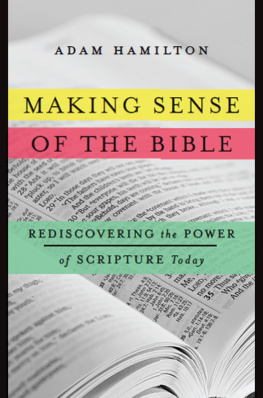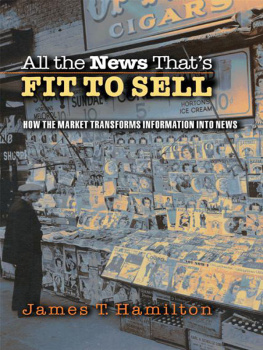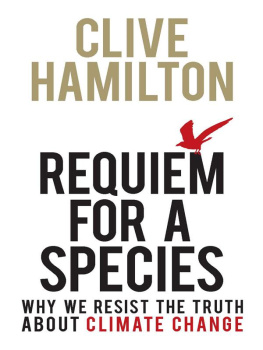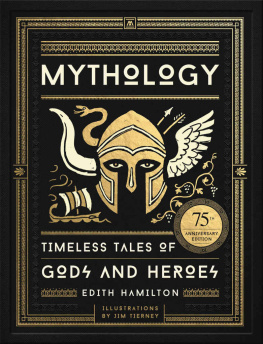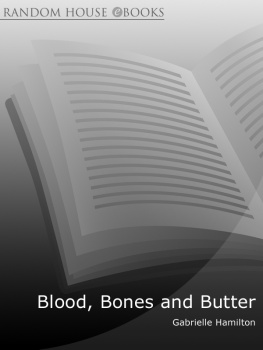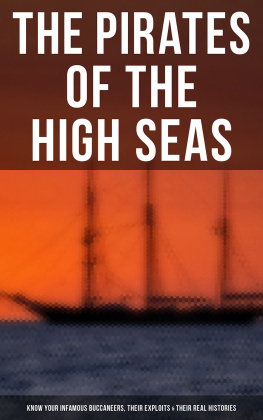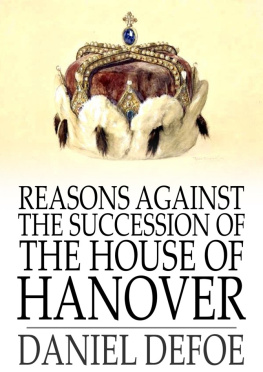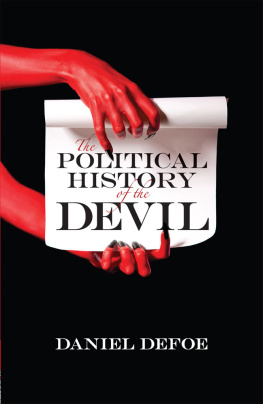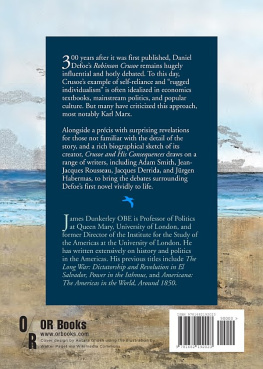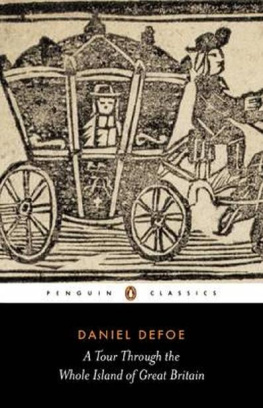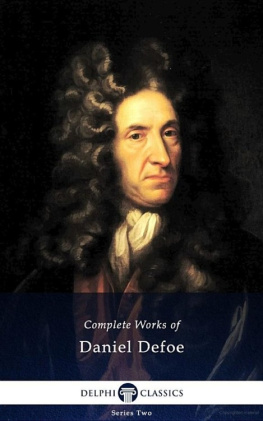Hamilton - Daniel Defoe and the Bank of England
Here you can read online Hamilton - Daniel Defoe and the Bank of England full text of the book (entire story) in english for free. Download pdf and epub, get meaning, cover and reviews about this ebook. year: 2016, publisher: John Hunt Publishing, genre: Romance novel. Description of the work, (preface) as well as reviews are available. Best literature library LitArk.com created for fans of good reading and offers a wide selection of genres:
Romance novel
Science fiction
Adventure
Detective
Science
History
Home and family
Prose
Art
Politics
Computer
Non-fiction
Religion
Business
Children
Humor
Choose a favorite category and find really read worthwhile books. Enjoy immersion in the world of imagination, feel the emotions of the characters or learn something new for yourself, make an fascinating discovery.

- Book:Daniel Defoe and the Bank of England
- Author:
- Publisher:John Hunt Publishing
- Genre:
- Year:2016
- Rating:3 / 5
- Favourites:Add to favourites
- Your mark:
- 60
- 1
- 2
- 3
- 4
- 5
Daniel Defoe and the Bank of England: summary, description and annotation
We offer to read an annotation, description, summary or preface (depends on what the author of the book "Daniel Defoe and the Bank of England" wrote himself). If you haven't found the necessary information about the book — write in the comments, we will try to find it.
Daniel Defoe and the Bank of England — read online for free the complete book (whole text) full work
Below is the text of the book, divided by pages. System saving the place of the last page read, allows you to conveniently read the book "Daniel Defoe and the Bank of England" online for free, without having to search again every time where you left off. Put a bookmark, and you can go to the page where you finished reading at any time.
Font size:
Interval:
Bookmark:
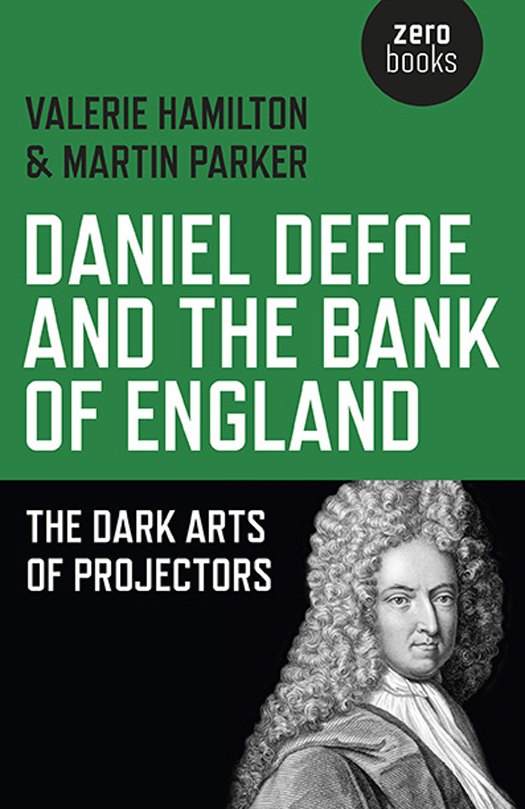
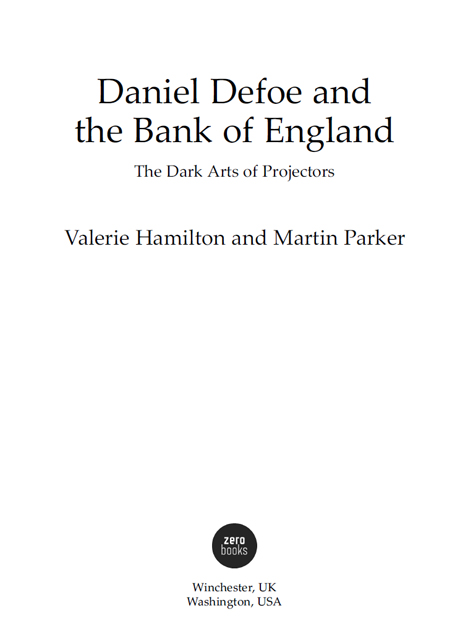
The following people have read all or part of this book at various stages of its growth. We very much appreciate their comments.
Chris Piper, Business Support Unit, Bank of England; Mark Robson, Statistics, Bank of England; John Footman, Central Services, Bank of England; John Keyworth, Curator, Bank of England; Malcolm Hamilton, Project Director, KEO Construction; Chris Davies, Compliance, Societ Generale; Matthew Mortimer, Director, AMP; Chris Perkins, Investment, Prudential Property Management; Martin Moore, Investment, Prudential Property Management; Ann Halpern, HR, Norton Rose International Law Firm; Carolann Edwards, HR, Norton Rose International Law Firm; Margot Shilling, Marketing, PPP; Vincent Quinn, Nicholas Royle and Norman Vance, University of Sussex; Gibson Burrell, Valerie Fournier and David Harvie, University of Leicester; Fiona Anderson-Gough, University of Warwick; Dorothea Noble, University of Hertfordshire; Peter Fraser, University of Hertfordshire; Penny Pritchard: University of Hertfordshire; Bookclub (Belinda, Di, Kate, Sue, Angela, Debbie, Dawn, Jacqui, Jo); and Charlotte and Helen Mortimer.

Contemporary culture has eliminated both the concept of the public and the figure of the intellectual. Former public spaces both physical and cultural are now either derelict or colonized by advertising. A cretinous anti-intellectualism presides,cheerled by expensively educated hacks in the pay of multinational corporations who reassure their bored readers that there is no need to rouse themselves from their interpassive stupor. The informal censorship internalized and propagated by the cultural workers of late capitalism generates a banal conformity that the propaganda chiefs of Stalinism could only ever have dreamt of imposing. Zer0 Books knows that another kind of discourse intellectual without being academic, popular without being populist is not only possible: it is already flourishing, in the regions beyond the striplit malls of so-called mass media and the neurotically bureaucratic halls of the academy. Zer0 is committed to the idea of publishing as a making public of the intellectual. It is convinced that in the unthinking, blandly consensual culture in which we live,critical and engaged theoretical reflection is more important
than ever before.
In weakness we create distinctions, then
Believe that all our puny boundaries are things
Which we perceive and not which we have made.
(William Wordsworth, c.1799)
A novel and an organization would generally be regarded as unrelated things, members of different categories. One deals in airy matters of fiction, the other in brute economic realities. This book explores the proposition that the novel and the organization share fundamental characteristics of form, function and technique. That is to say, they work in the same way. We explore this idea by comparing the emergence of an early English novel by Daniel Defoe, Moll Flanders (1722), and an early English corporation, the Bank of England (1694). It seems to us that the period from which they emerged, sometimes called the Age of Projects (16801720), is inherent in, and inherited by, the form of the novel and the corporation respectively. They are projects of a projecting age. The metaphor of the project, the risky adventure, is taken from Defoes Essay upon Projects (1697) and is used as a lens through which to reveal the entangled relationship between the novel and the corporation. The eighteenth-century projector would now be called an entrepreneur; but in the eighteenth century the figure had not yet gained the mythological proportions which it attains in the late twentieth century. The darker side of the projector was well recognized. This was someone who was admired and feared. A schemer who engaged in fantastic speculation in order to convince others to invest in their imaginings, to give them credit and therefore substance. Fiction and fact relied on each other then, and it seems to us that the lesson of this book is that they still do.
Now we arent the first people to enter this territory. There is a respected body of literary criticism and cultural history that establishes connections between the eighteenth-century novel, finance, and capitalism
This relationship is belied by the gulfs of incomprehension that currently divide university Literature departments from Business schools. We want our readers to think about and challenge this division that assumes a matter-of-fact solidity to organizations whilst approaching novels as if they were mere commentary. This is an interdisciplinary book, in the sense that it lies between categories that are normally assumed to be discreet, comprehensible and solid. We want to show that they are actually rather dubious, puny boundaries that we have made, not things that are there in the world. Most importantly, this is a good story. A tale of risk, danger, pirates, treasure, deceit and daring-do. Its a tale we want people to read, enjoy and marvel at. The discerning reader, and of course thats you, might want to repeat parts of this tale to friends and colleagues, and the uncanny elements of our story will doubtless stir a sense of there being strange, accidental inevitabilities in all our lives.
Most of our tale is set at the close of the seventeenth century and the beginning of the eighteenth: a period of extreme inventiveness. The figure of Daniel Defoe, inventor, businessman, writer, politician and secret agent, characterizes the age. His first published work, An Essay upon Projects (1697), bottles this energy. It is a series of proposals for the social and economic improvement of the nation on banks, lotteries, seamen, womens education and many other topics. Defoe explains that the richness of ideas at this time was generated from the humour of invention, which produced new contrivances, engines, and projects to get money. One of the keenest and most thriving areas of invention was the emerging joint-stock companies. Colin Nicholson in Writing and Finance observes that there was a veritable rash of projects in the early 1690s and that in the period preceding the collapse of the South Sea Company in 1720, 200 insurance companies were floated in London alone.
Defoe seems to have coined the term The Projecting Age. He is characteristically astute in his attempt to define a project as understood at this time:
The building of Babel was a right project; for indeed the true definition of a project, according to modern acceptation, is, as is said before, a vast undertaking, too big to be managed, and therefore likely to come to nothing.
The essential ends of a project, he declares, in anticipation of Adam Smiths economic philosophy some seventy years later, are that it should attempt to fulfil public and private want. A project requires good providence, he argues, for some projects, although wildly unlikely, do succeed. He gives the example of William Phips project to search for sunken Spanish treasure, a project that, we reveal later, proves central to the story of the Bank of England.
Witness Sir William Phips voyage to the wreck; it was a mere project; a lottery of a hundred thousand to one odds; a hazard which, had it failed, everybody would have been ashamed to have owned themselves concerned in; a voyage that would have been as much ridiculed as Don Quixotes adventure upon the windmill. Bless us! That folks should go three thousand miles to angle in the open sea for pieces of eight! Why, they should have made ballads of it, and the merchants would have said of every unlikely adventure, It was like Phipss wreck-voyage. But it had success and who reflects upon the project?
Font size:
Interval:
Bookmark:
Similar books «Daniel Defoe and the Bank of England»
Look at similar books to Daniel Defoe and the Bank of England. We have selected literature similar in name and meaning in the hope of providing readers with more options to find new, interesting, not yet read works.
Discussion, reviews of the book Daniel Defoe and the Bank of England and just readers' own opinions. Leave your comments, write what you think about the work, its meaning or the main characters. Specify what exactly you liked and what you didn't like, and why you think so.

